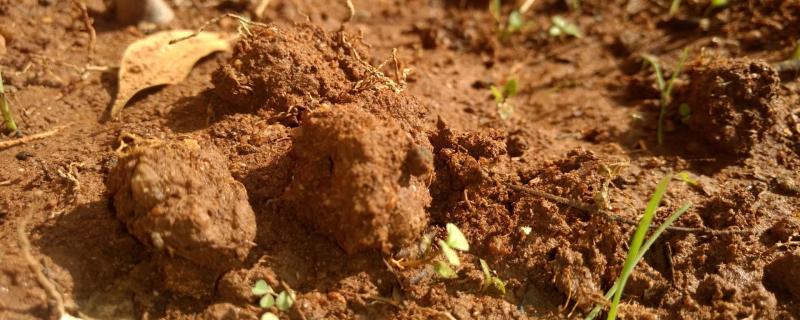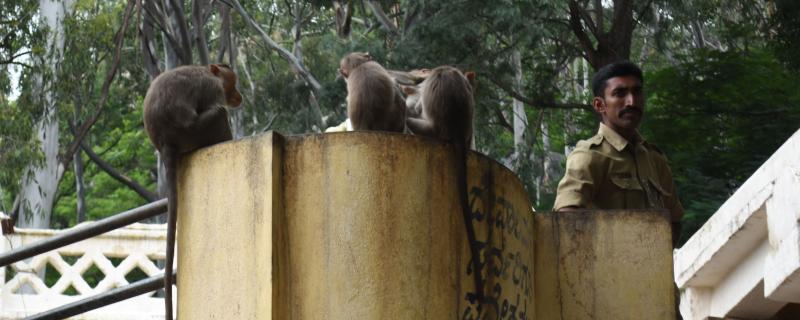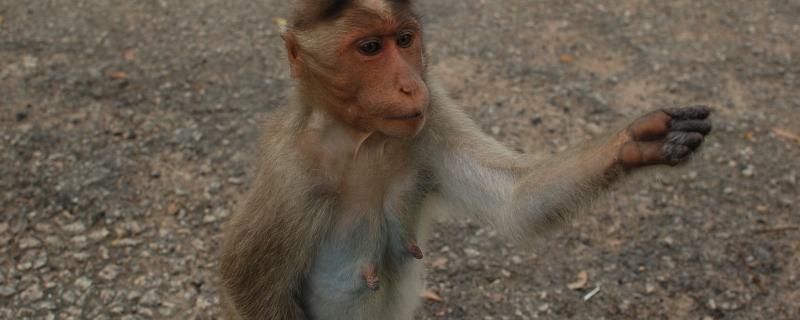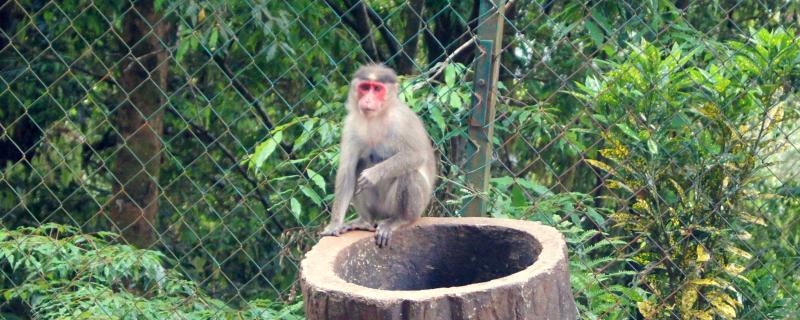Researchers developed a granular power generation and grid operations model to evaluate pathways to India’s 2030 renewable energy mandate. The study shows that regional coordination and flexible compliance mechanisms are key, along with measured storage and a phased coal transition, balancing flexibility, affordability, and reliability for India’s clean energy transition.
A new review reveals that rising global temperatures, increased pollution, and extreme weather events are driving a global surge in eye diseases, disproportionately affecting vulnerable communities and challenging healthcare systems.
Roorkee/


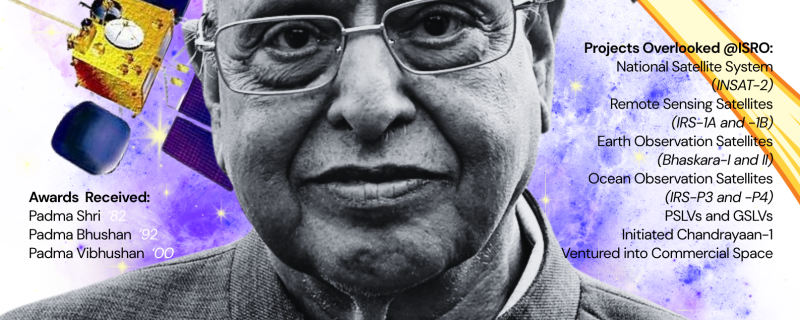
![A rhesus macaque from Andhra Pradesh [Image Credits: J.M.Garg] Do differing opinions affect the management of human-animal conflicts?](/sites/researchmatters/files/styles/large_front_800x320/public/monkey29jul.jpg?itok=HcbxlVI8)
